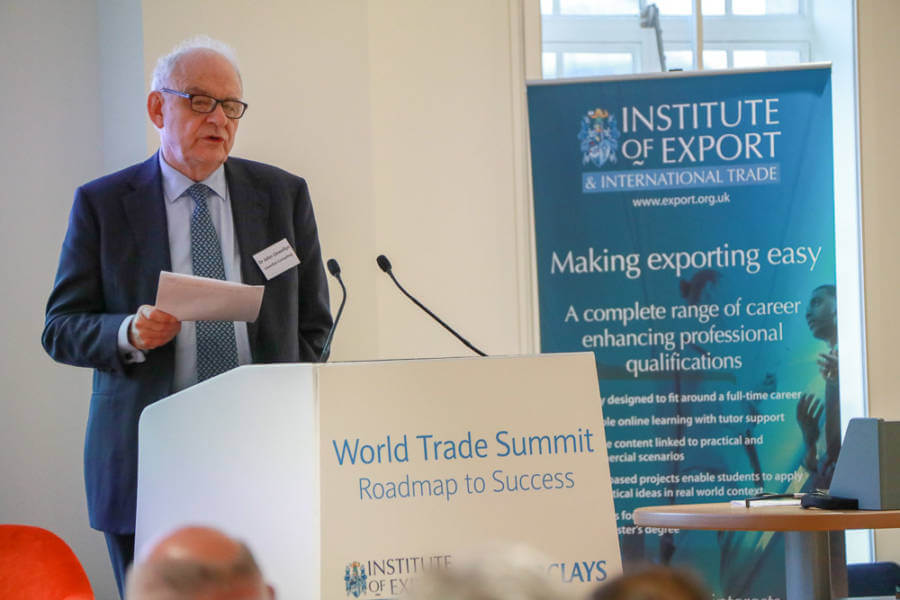Loans are provided to wholesalers and manufacturers for export companies for them to repay later on. These export trade corporations usually focus on mining, energy and soft products like agriculture,… read more →
Europe’s alternative finance market has exploded over the last 5 years, now worth an estimated €7.7bn according to the Cambridge Centre for Alternative Finance. The UK alone has grown by… read more →
London, 16th November, 2018. Trade Finance Global (TFG) announces a strategic partnership with the Institute of Export & International Trade (IOE&IT). Trade Finance Global Announces a Strategic Partnership with the… read more →
Comparative advantage is a theory coined by David Ricardo in 1817, which explains how countries should specialise In goods/ services they are comparatively better at. We heard from Dr John… read more →
In recent years, the trade finance landscape has seen immense change, driven by a multitude of factors, including policy, consumers, technology and protectionism. A few years ago we were debating… read more →
TFG heard from the ICC United Kingdom at their annual conference, Bridging the Trade Finance Gap, delivering paperless trade, discussing the changing market and the role of banks in the… read more →
Part 3 of 3. TFG spoke to Robert Besseling, a partner at Exx Africa, about the most stable countries in Africa, in terms of their debt position. Exx Africa is… read more →
Singapore is home to more than 218,000 Small-Medium Enterprises (“SMEs”), defined domestically as firms with annual sales of less than S$100 million or less than 200 employees. These firms employ… read more →
There are more than 200,000 SMEs in Singapore making up 99% of enterprises, employing two-thirds of the workforce, and accounting for about half of Singapore’s GDP. We spoke to Mr… read more →
Part 2 of 3. Debt sustainability in African countries in a huge concern, with recent IMF ratings plunging for both Zambia and Ethiopia. Off the back of this drop in… read more →
























